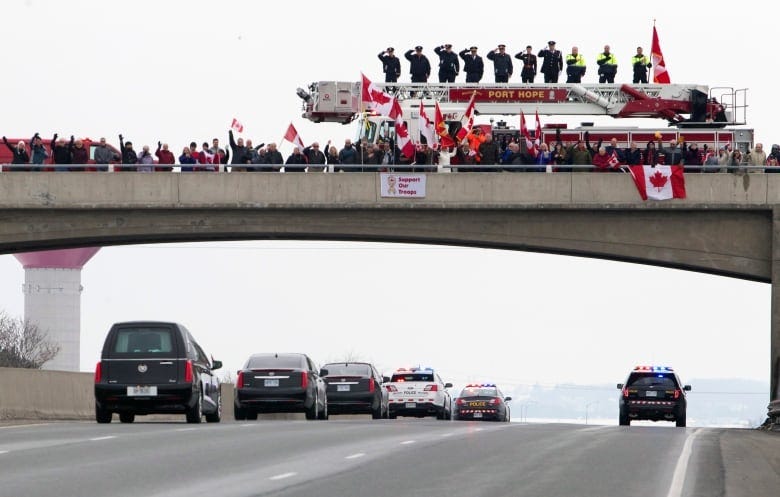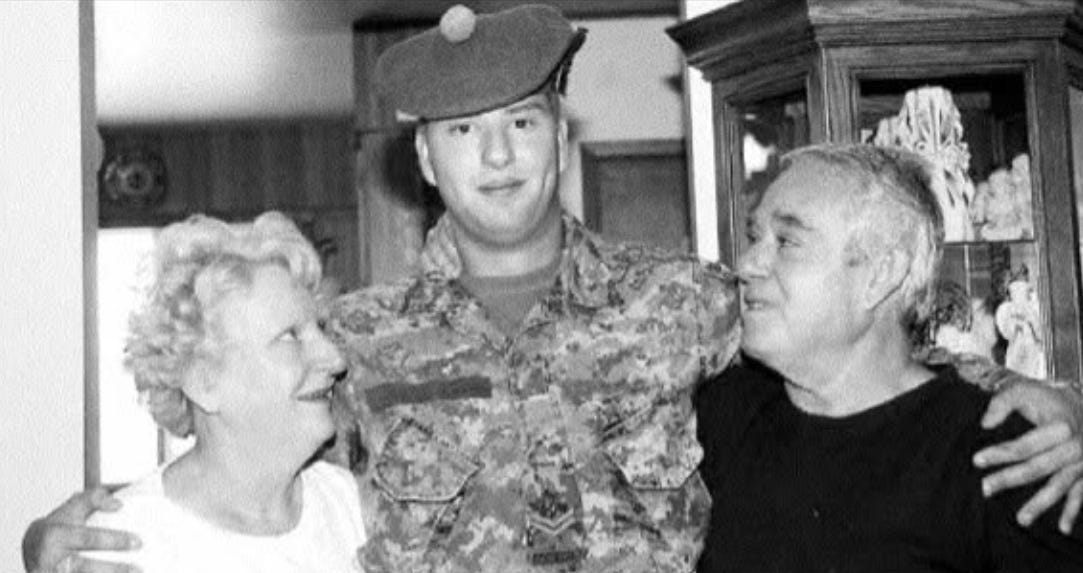It's 2006...
A young Mugsy is preparing to leave his hometown and move 3300 KM in search of a better life. The last 5 years had been hard on the city. A softwood lumber dispute with the US in 2001 led to a 27% tariff imposed on all Canadian exports of the commodity into America. For some products, it was an astronomical 52%. Over the next 5 years, while Canada and the US battled it out legally, the city was hollowed out.
Over a thousand mill workers lost their jobs, accounting for 20% of the total forestry jobs in the city. So, like a lot of people my age, I decided to leave. I said my goodbyes and was about to spend the next month preparing, nervous as hell about whether I was making the right choice.
About 3 weeks before moving day, I was flipping through channels on the TV and landed on our local news. The reporter was interviewing two parents - ones that I had known for most of my life. They were crying. They looked devastated. I looked down at the chyron, and my heart stopped.
Their son, who I had known as far back as I could remember, had died in Afghanistan. I know something like that is far more common in the US, but not in Canada. It was the first, and only, person I knew that died in a conflict. He was a good person, with a good soul. We were the same age and had grown up around each other in the tight knit Portuguese community.
Something in my head just popped out of place. Any nervousness I had about moving was gone. Life suddenly felt much shorter, and I wasn't about to waste any more of it. I couldn't bring myself to go to his funeral, something I still regret.
Since leaving home, I've moved a total of 7,642KM (about 4750 miles), but I never went back.
September 11th, 2001 had a significant effect on Canadians. We all remember where we were when we heard the news. We rallied behind our American brothers because it felt like we had been attacked too. So, we joined the war, because that's who we are, and who we've always been. Soon after, news broke out that 4 Canadians had lost their lives, the first Canadian soldiers to die in combat since the Korean War.
While Canadian soldiers were conducting a nighttime training exercise, a U.S. F-16 pilot mistook them for hostiles and dropped a 500-pound on their position. The emotional and political impact was huge. The story had wall to wall news coverage, nationwide.
This is when the war really started for us. We were angry when the pilot was never court martialed. Public opinion of our involvement took a complete 180, and the event marked a turning point in our relationship with our closest ally. It also played a significant role in us not going to Iraq.
Their names were Marc Léger, Ainsworth Dyer, Richard Green, and Nathan Smith.
When the soldiers' bodies were returned home, thousands of people lined the overpasses along Highway 401, from Canadian Forces Base Trenton to Toronto. They stood in complete silence, removing their hats, placing their hands on their hearts, or saluting. Firefighters, police officers, and paramedics parked their vehicles on the overpasses, turning their lights on. Fire trucks extended ladder arms over the highway with Canadian flags attached to the end. Veterans and active-duty soldiers stood together, most with tears in their eyes, saluting their fallen comrades.
Canadian flags. Bouquets of red poppies. Candles and crosses. Homemade signs with photos of the dead. This all happened organically before the time of Facebook and social media. Most of the people didn't know the soldiers but came to pay their respects anyways.
This solemn event marks the start of a deeply meaningful tradition where every soldier that makes this final journey is honoured in the same way. In 2007, the Ontario government decided to embed it into the fabric of Canadian culture by officially designating it The Highway of Heroes.
Signs bearing red poppies, a symbol of remembrance in Canada, now line the sides. In 2015, the Ministry of Transportation of Ontario announced a project to plant 2 million trees along the route, one for every soldier that has served in the Canadian military. Volunteers, veteran's groups, and students have so far planted 750,000.
The Highway of Heroes now stands as a living, breathing reflection of what makes us Canadian. A place where strangers gather to honour those they never met. Where the weight of grief is shared together, without words.
Because we don't always agree on everything, but when one of ours makes that final journey home, we show up.
Quietly. Proudly. Humbly.
As Canadians.
Happy Canada Day, from my family to yours.
------------------------------
The day I shipped out, we numbered a dozen.
Upon my return, we're a hundred or so.
From the coast and from the prairies, I bet they keep coming.
Add one more name from Ontario.
So, carry me home, down The Highway of Heroes.
People above, with their flags flying low.
Carry me softly, down The Highway of Heroes.
True Patriot Love, here was never more.
- The Trews, Highway of Heroes






This made me weep, thank you for your touching story. From a Canadian, born and bred, just up the road from the Highway of Heroes. ❤️🇨🇦❤️
Thank you for being a good neighbor to the US when our governments in the US have usually been so abhorant to your country. The hubris of my country is appalling.I'm so sorry for your loss. Happy Canada Day, a special day for me, as today I turned 75, and have long watched the US's further decline with sadness and disgust. May Canada be able to avoid our terrible trip to hell